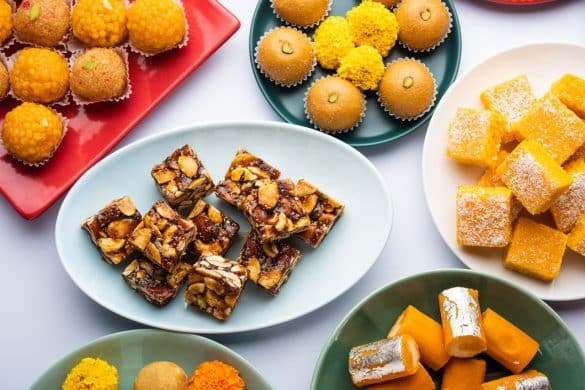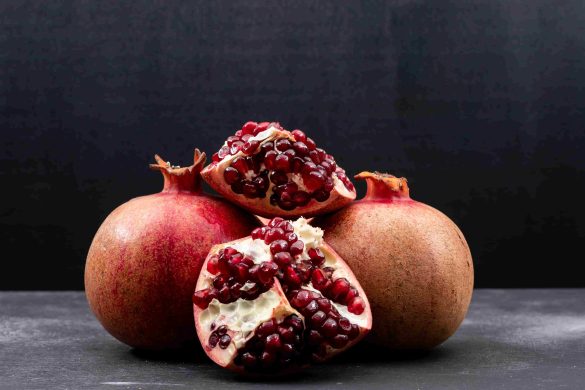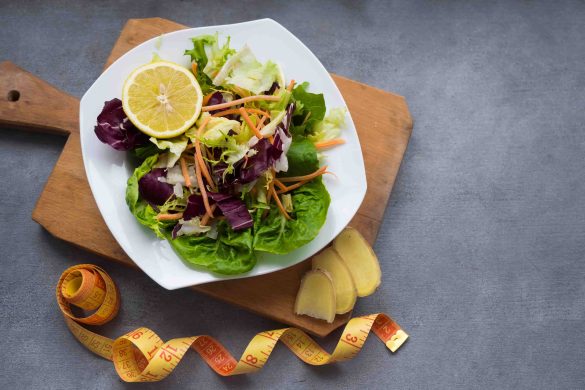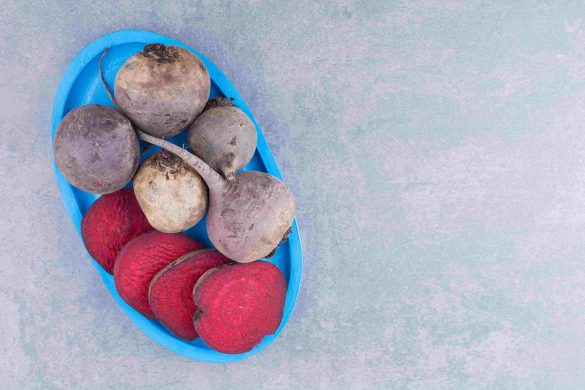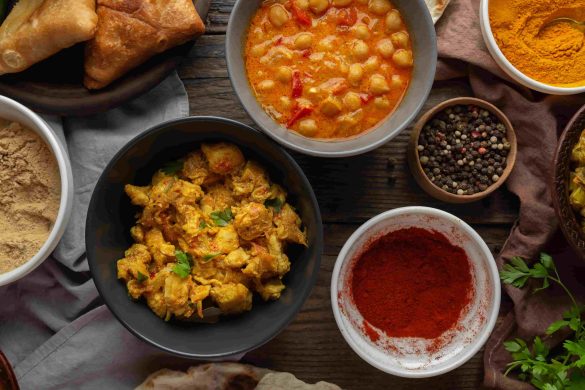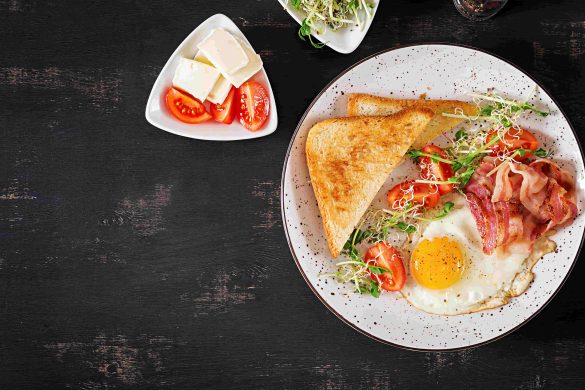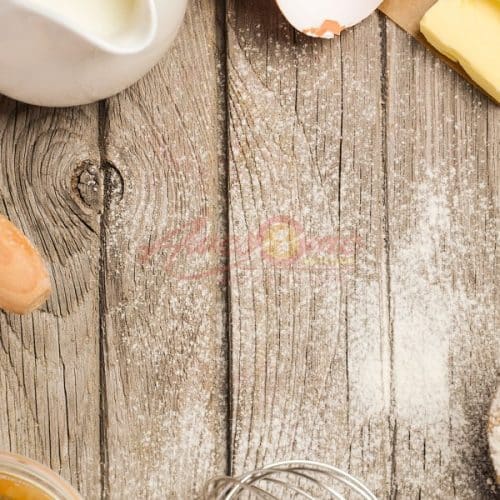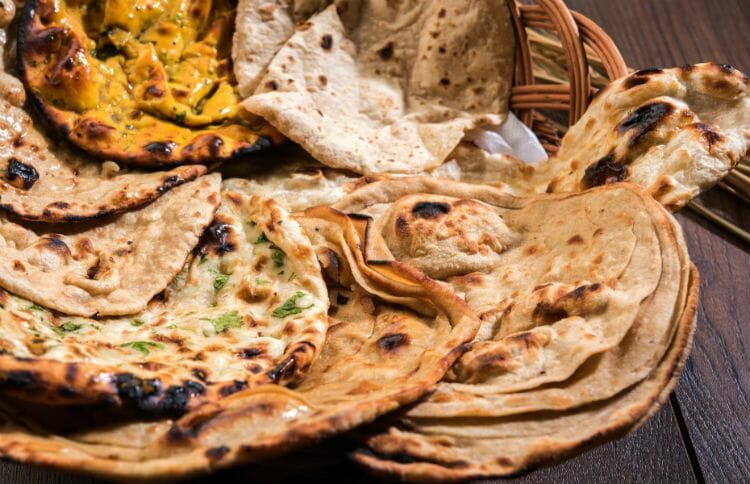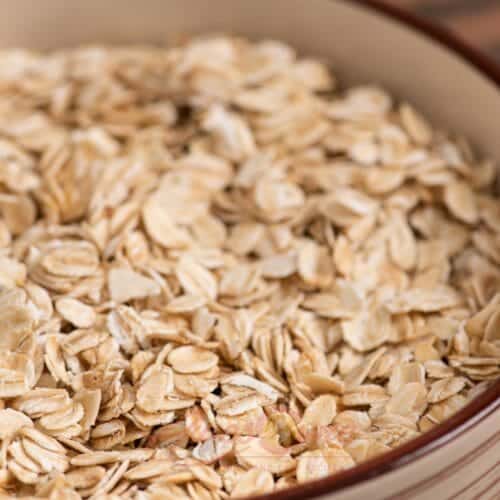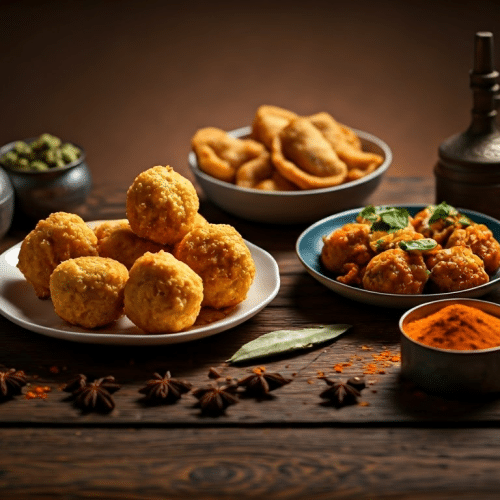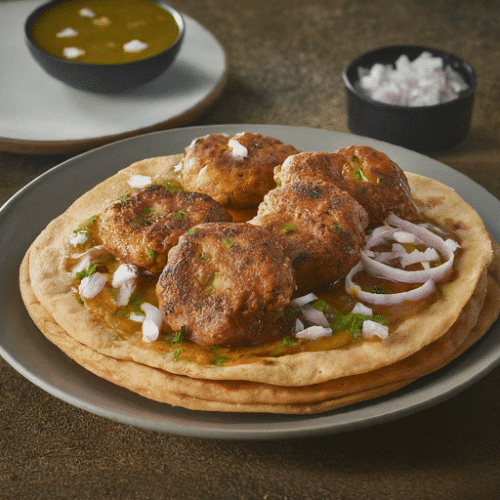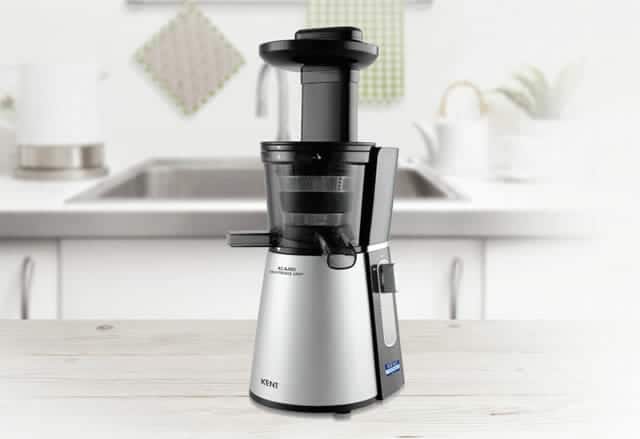TL;DR
- Protein is vital for vegetarians to support muscles, hormones, immunity, and satiety.
- Top protein-rich vegetarian foods include lentils, chickpeas, paneer, tofu, tempeh, peas, quinoa, nuts, seeds, yogurt, and soybeans/edamame.
- Indian staples like dal, chana masala, and paneer-based dishes make it easy to meet enough protein needs.
- A sample Indian vegetarian meal plan can provide 70–80g of protein daily with balanced portions.
- Simple swaps like quinoa for rice, adding seeds/nuts, and snacking on Greek yogurt can boost intake.
- Mixing different good sources of protein ensures all essential amino acids for optimal health.
Protein is the building block of strong muscles, healthy hair, and lasting energy. As a vegetarian, you might wonder if you’re really getting enough of it.
The truth is, you don’t need meat to power up your plate. From everyday kitchen staples to nutrient packed superfoods, there are plenty of vegetarian friendly options loaded with protein.
In this blog, we’ll answer what are protein rich foods for vegetarians and highlight 20 options that can keep you full, boost your health, and make meals more satisfying without meat or fish.
What Are The 20 Best Sources Of Protein?
Many people wonder, what is the best source of protein for vegetarians? While meat is often the first thing that comes to mind, plant-based foods offer plenty of powerful alternatives.
Wondering what are some high-protein foods suitable for vegetarians? Here are ten nutrient-packed options every vegetarian should add to their plate.
1. Lentils (Masoor, Moong, Toor)

Lentils
A daily dal can easily count as protein rich food for vegetarians in India. Just one cooked cup packs around 18 grams of protein, along with fibre that supports digestion, balances blood sugar, and promotes heart health.
Ways to enjoy:
- Add to soups and stews for a hearty base
- Toss into salads for extra protein and texture
- Cook into curries like dal tadka or masala sambar
2. Chickpeas (Chana)
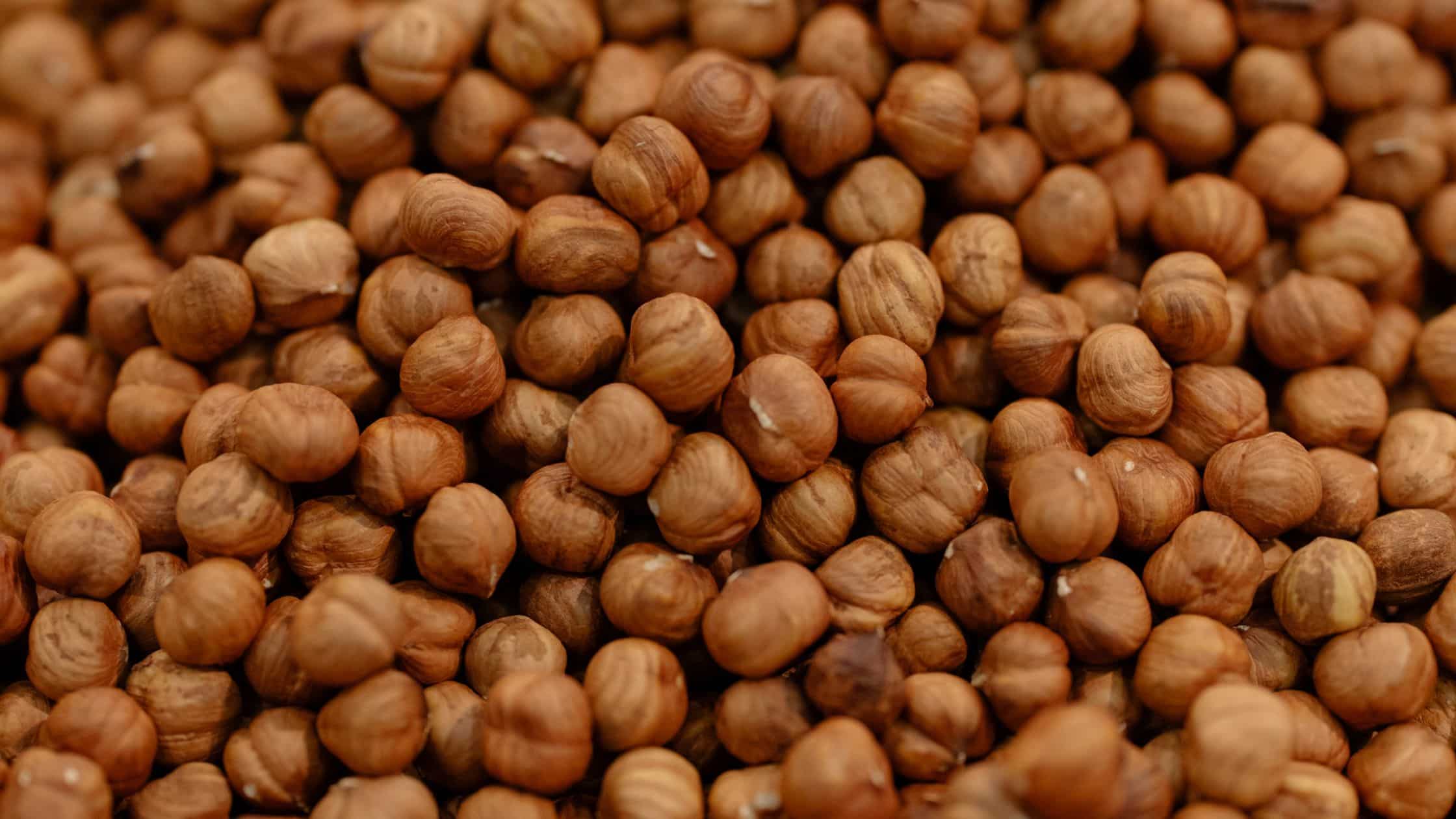
Chickpeas
Perfect for protein rich vegetarian food for weight loss when paired with fibre-rich salads. One cooked cup of chickpeas provides about 14.5 grams of protein along with essential amino acids, making them both filling and nourishing.
They are also rich in dietary fibre, which supports digestion, keeps energy levels steady, and helps with weight management.
Ways to enjoy:
- Blend into hummus for a creamy dip
- Mix into salads for protein and crunch
- Cook a classic chana masala curry.
3. Paneer (Indian Cottage Cheese)
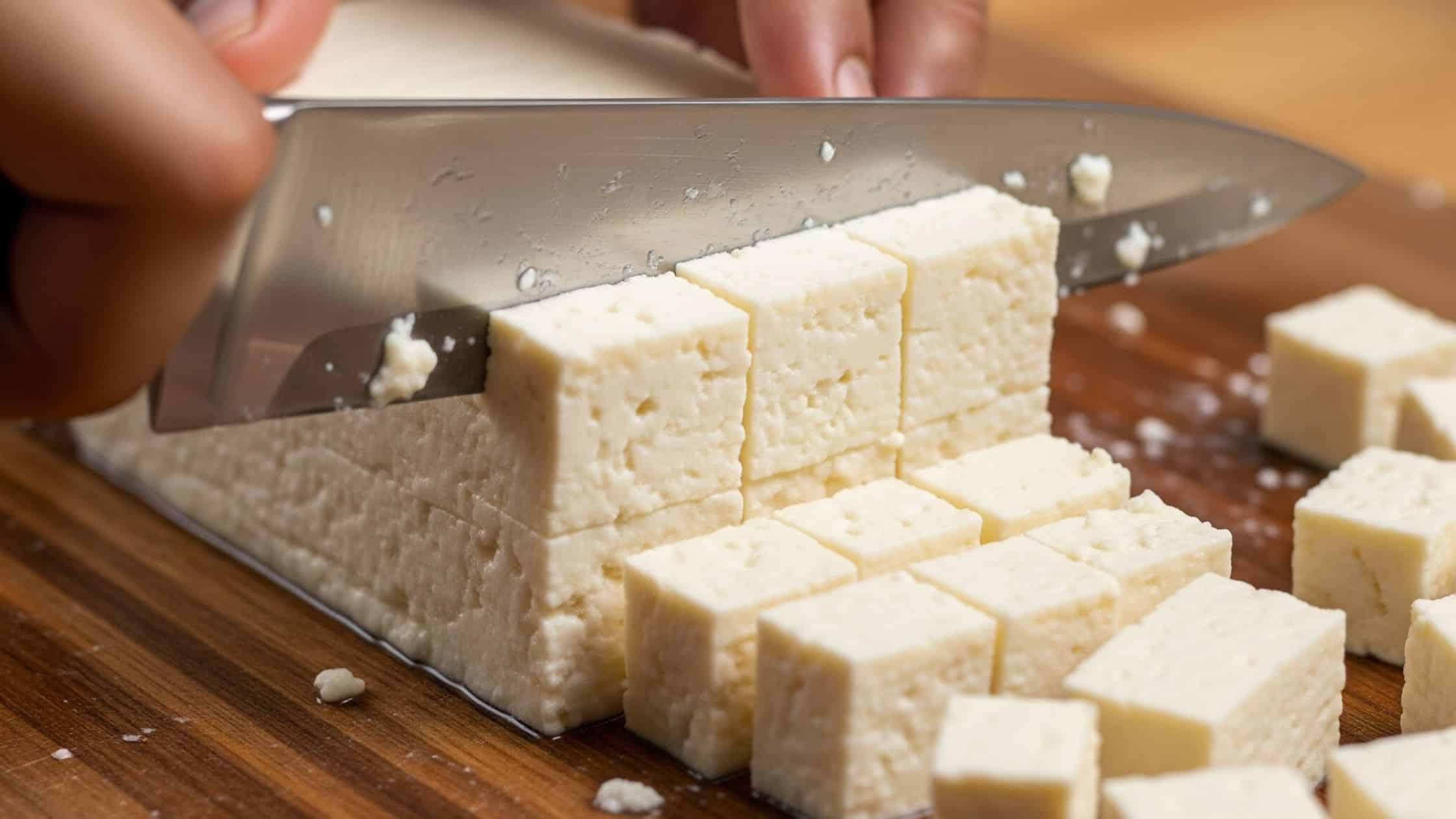
Paneer
Paneer is a staple ingredient in countless protein rich food recipes for vegetarians. A 100-gram serving provides about 11 grams of complete protein, which means it contains all nine essential amino acids needed for muscle repair and growth.
Paneer also helps you stay full longer, making it great for weight management.
Ways to enjoy:
- Make comforting curries like palak paneer or paneer butter masala
- Stir-fry with vegetables for a quick meal
- Grill skewers as a snack or appetiser
4. Tofu & Tempeh

Tofu
Made from soybeans, tofu and tempeh are excellent sources of high-quality, complete protein, with tempeh having the highest protein content. Half a cup of tofu provides about 10–16 grams of protein, while the same amount of tempeh offers 15–20 grams. Both also supply healthy fats, iron, and calcium.
Ways to enjoy:
- Add to stir-fries with vegetables
- Crumble tofu for a plant-based scramble
- Marinate tempeh slices for sandwiches
Craving something different? This Tofu Sizzler recipe is the perfect mix of taste and nutrition.
5. Green Peas
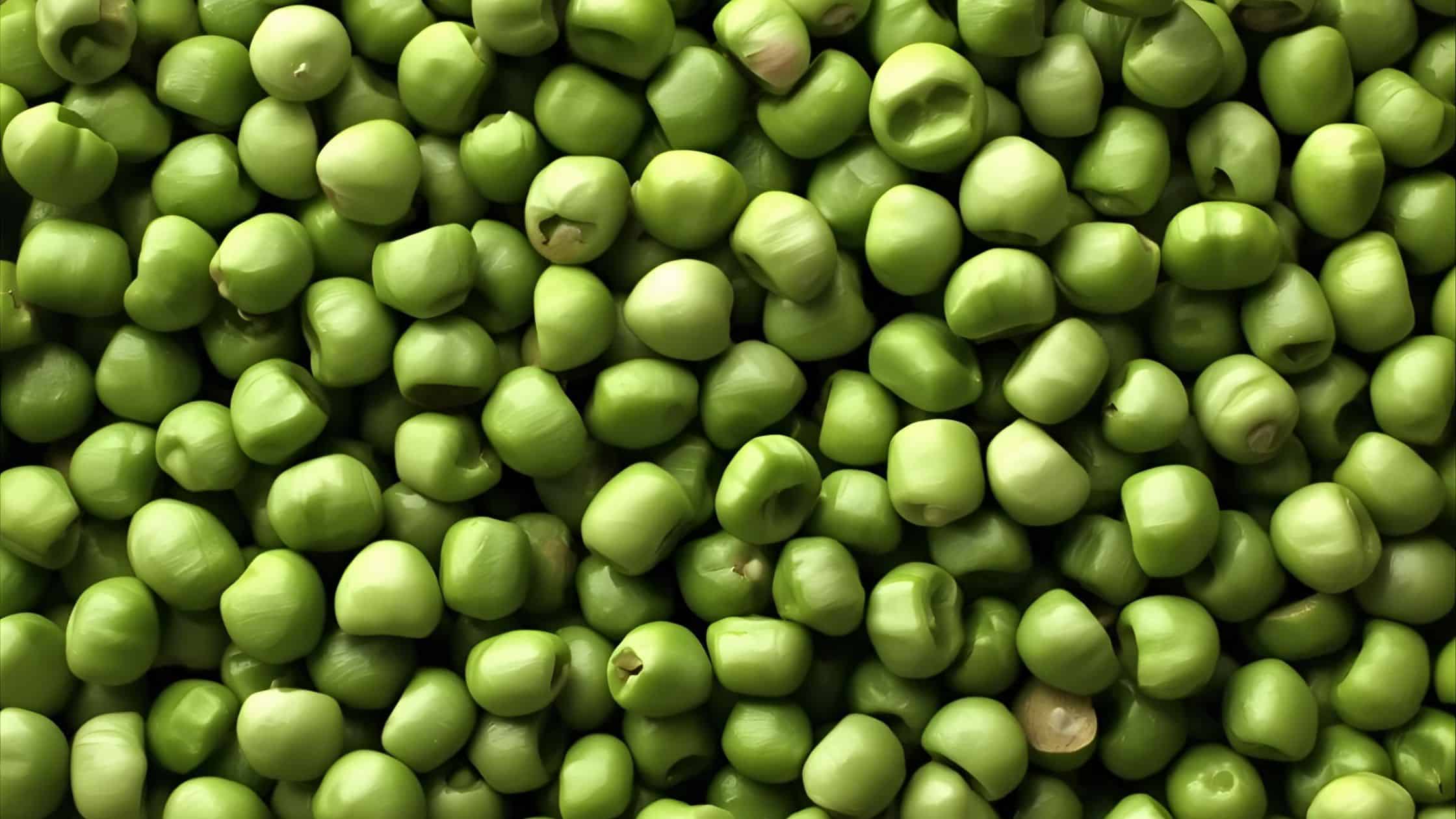
Green Peas
Don’t underestimate the humble green pea. A cooked cup provides about 9 grams of protein, which is more than a cup of milk, making it a surprisingly strong plant-based protein source.
Affordable and accessible protein rich low carb food for vegetarians, peas are also rich in fibre, vitamins, and minerals that support digestion and boost immunity.
Ways to enjoy:
- Steam or boil as a side dish
- Add to soups for extra nutrition
- Mix into rice, pasta, or curries like matar paneer
6. Quinoa

Quinoa
Quinoa has earned its superfood reputation for good reason. It’s one of the rare plant-based foods that provides complete protein, offering all nine essential amino acids. One cooked cup delivers about 8 grams of protein, putting it on par with other healthy whole grains.
Beyond protein, quinoa is packed with fibre, iron, and magnesium, making it a nutrient-dense choice for vegetarians.
Ways to enjoy:
- Use as a base for grain bowls
- Mix into cold salads
- Swap for rice to boost protein intake
For a creative twist, try these wholesome Quinoa Cookies that make a healthy, protein-rich snack.
7. Nuts (Almonds, Peanuts, Cashews)

Nuts
Almonds, peanuts, cashews, and other nuts aren’t just crunchy snacks, they’re also excellent sources of protein. A small handful of nuts generally providing 5–7 grams. Nut butters, such as peanut butter or almond butter, pack in around 7 grams per two tablespoons, making them a convenient way to boost your daily intake.
Along with protein, they’re rich in healthy fats and fibre, making them a smart pick any time of day.
Ways to enjoy:
- Snack on a handful of mixed nuts
- Sprinkle chopped nuts over oatmeal or yoghurt
- Spread nut butter on toast or fruit slices
For a wholesome homemade option, try these mixed nuts balls, a protein-packed recipe that doubles as a tasty energy bite.
8. Seeds (Pumpkin, Sunflower, Chia)
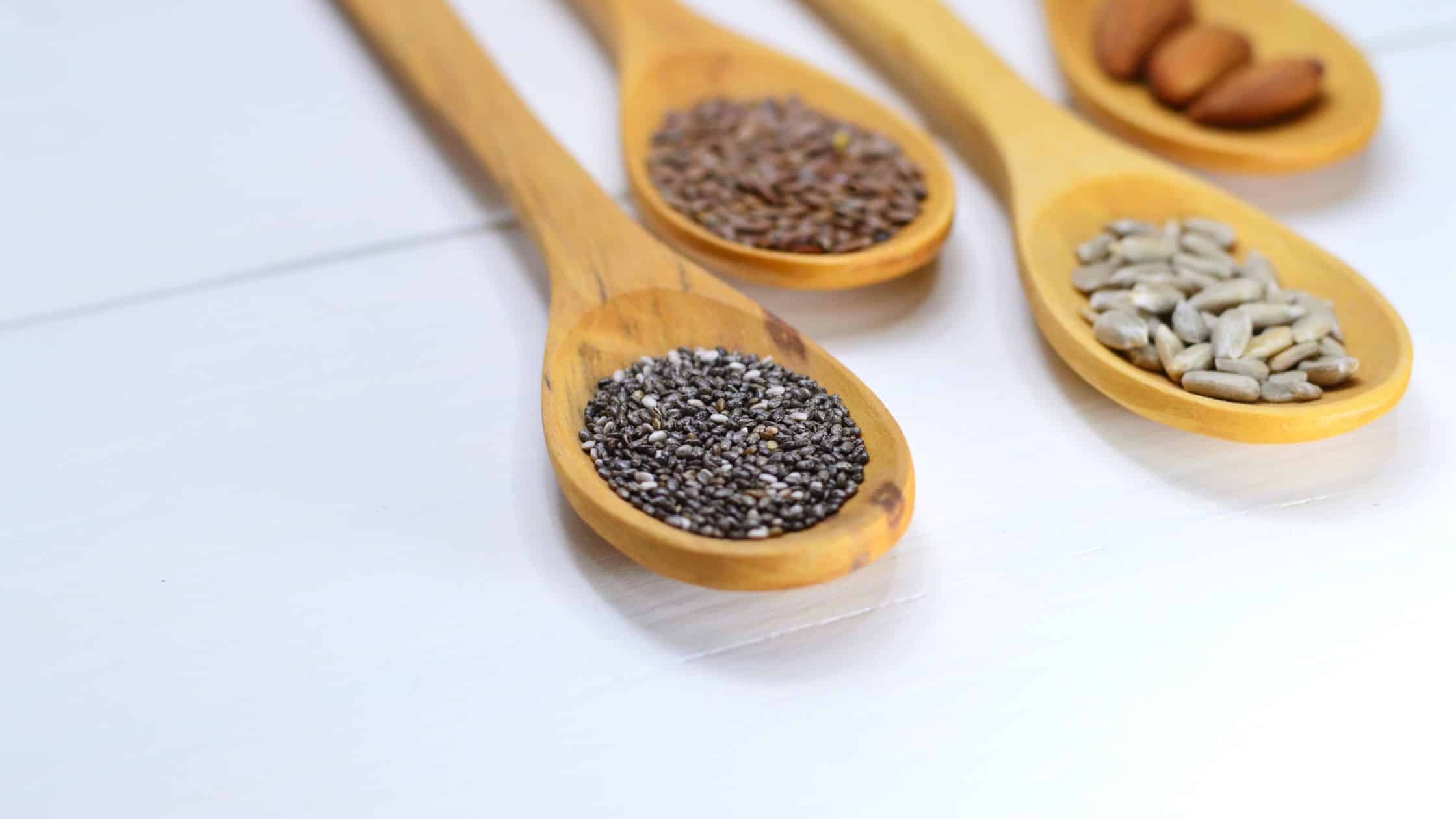
Different seeds on spoons
Pumpkin seeds, sunflower seeds, and hemp seeds are packed with plant-based protein, fibre, and healthy fats. Just one gram of pumpkin seeds has over 8 grams of protein, sunflower seeds offer about 6 grams, and chia seeds add around 5 grams.
On top of that, seeds deliver omega-3 fatty acids and key minerals like magnesium and zinc.
Ways to enjoy:
- Blend into smoothies
- Sprinkle over salads for crunch
- Stir into oatmeal or yoghurt
For a delicious snack idea, try these chewy oatmeal cookies that combine taste with a dose of protein.
9. Greek Yogurt and Curd (Dahi)
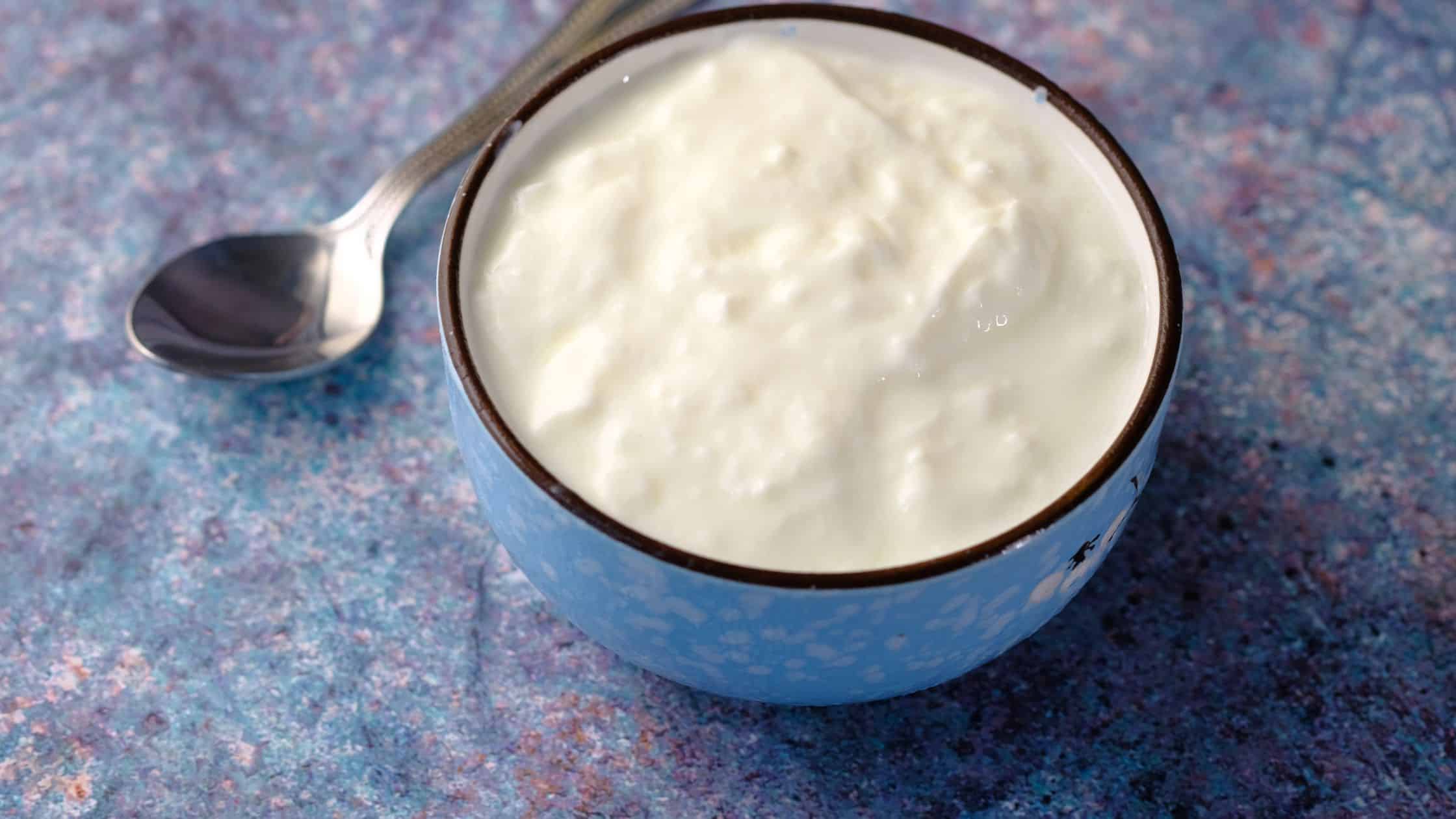
Greek yogurt
If you include dairy in your diet, Greek yogurt and traditional Indian curd are excellent protein boosters. A seven-ounce serving of plain Greek yogurt can pack up to 18 grams of complete protein, giving your body all the essential amino acids it needs.
They’re also rich in calcium for bone health and probiotics for better digestion and immunity. To get the most out of them, stick to plain varieties to avoid the added sugar in flavoured options.
Ways to enjoy:
- Top with fresh fruit, nuts, and seeds
- Use in sauces and dips
- Swap for sour cream in tofu tacos or stews
10. Soybeans & Edamame
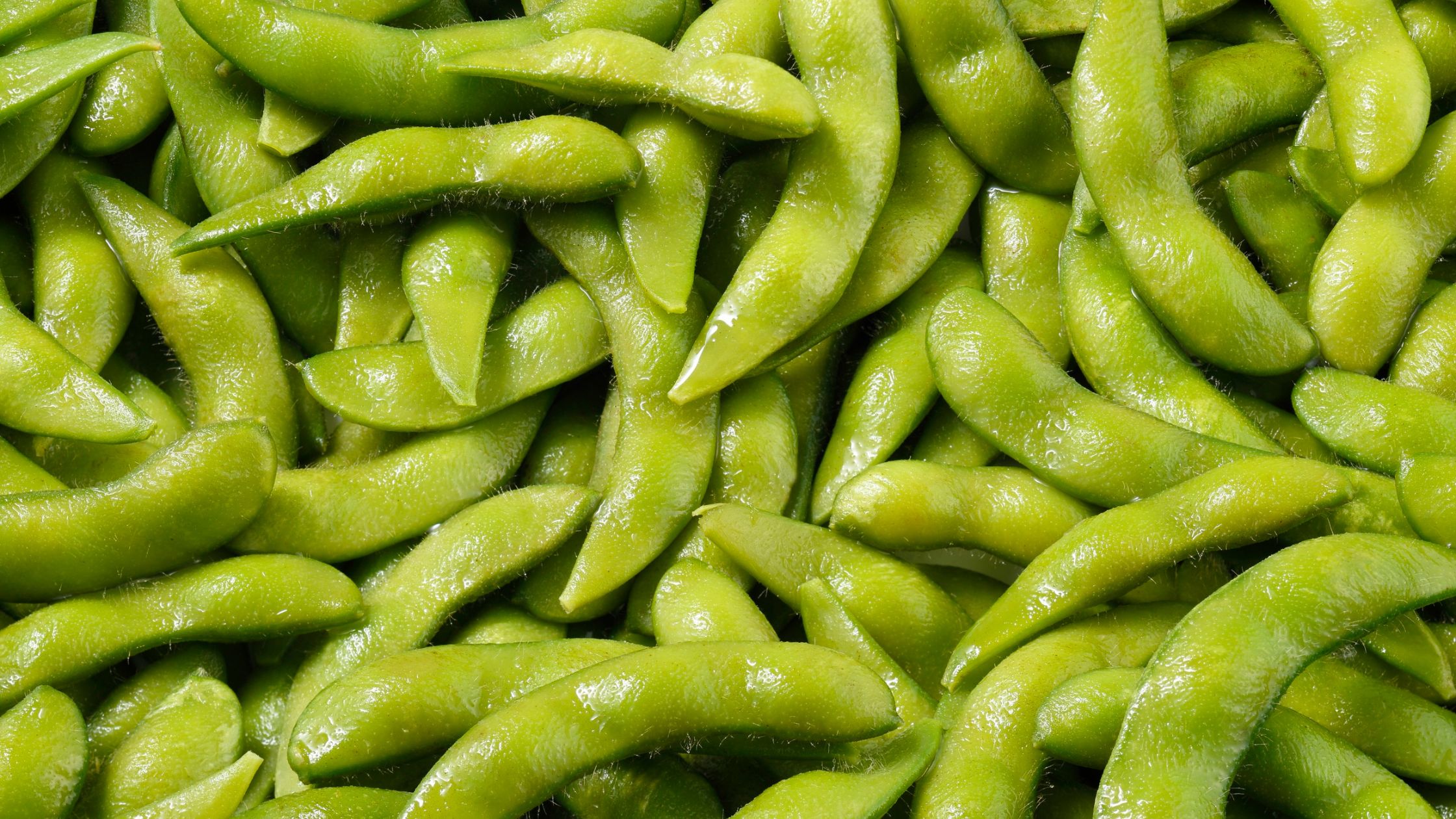
Edamame beans
Edamame (young soybeans) are among the best plant-based protein sources. One cooked cup packs 18g protein plus iron, folate, and vitamin K. As a complete protein, soy provides all nine essential amino acids, and fortified soy milk adds vitamin D. With their mild, buttery flavour, they slip easily into everyday meals and can also help in maintaining healthy cholesterol levels.
Ways to enjoy:
- Steamed edamame pods and sprinkle with salt
- Add shelled edamame to salads
- Toss into veggie or noodle stir-fries
11. Black Beans
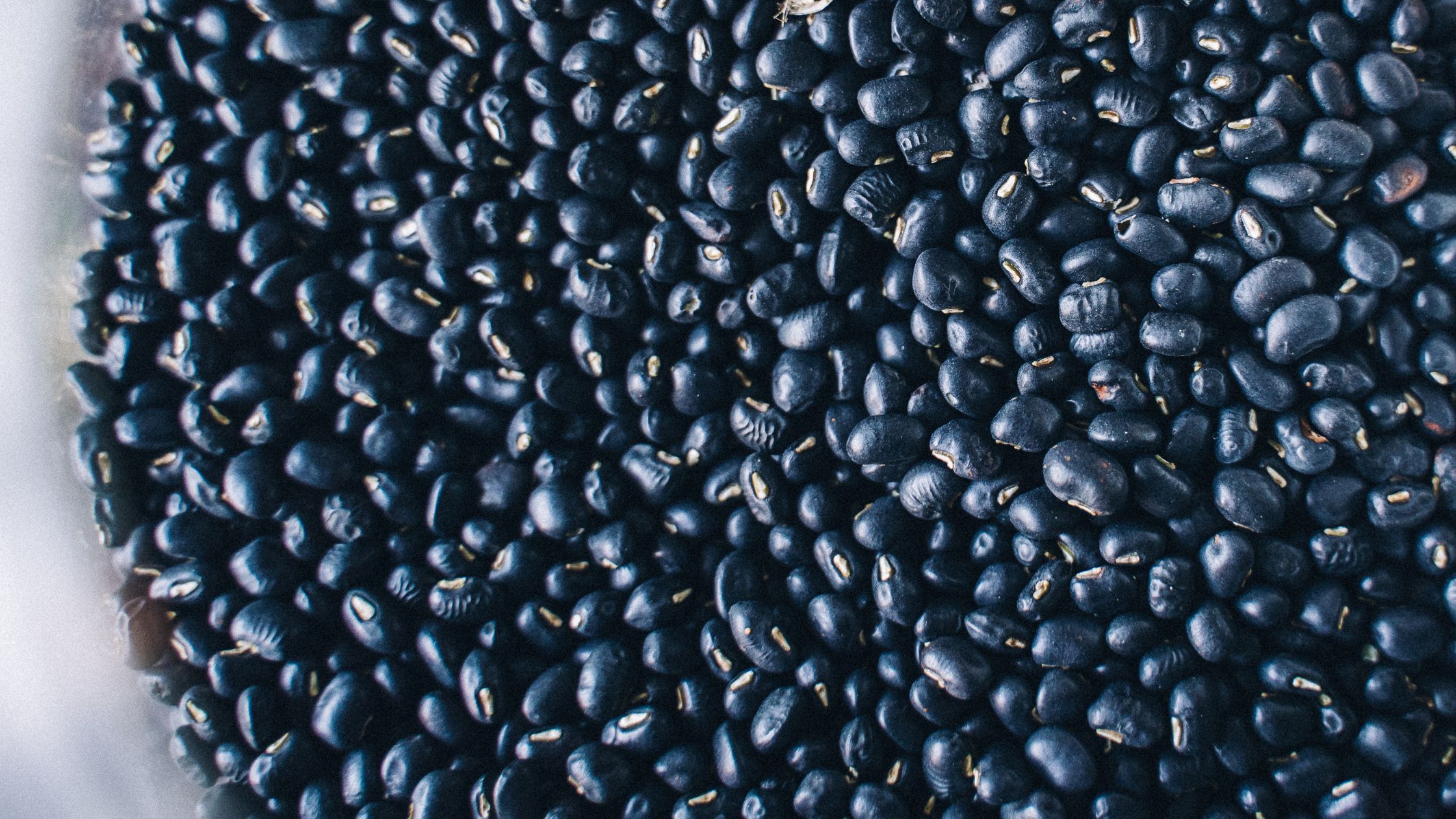
Black beans
Black beans deliver about 15g of protein per cooked cup, plus fibre for digestion and magnesium for muscle support. They’re versatile, affordable, and help balance energy levels throughout the day.
With their earthy taste, they add depth to both Indian and global recipes.
Ways to enjoy:
- Make black bean and spinach tacos
- Add to burrito bowls
- Blend into black bean patties
12. Kidney Beans (Rajma)
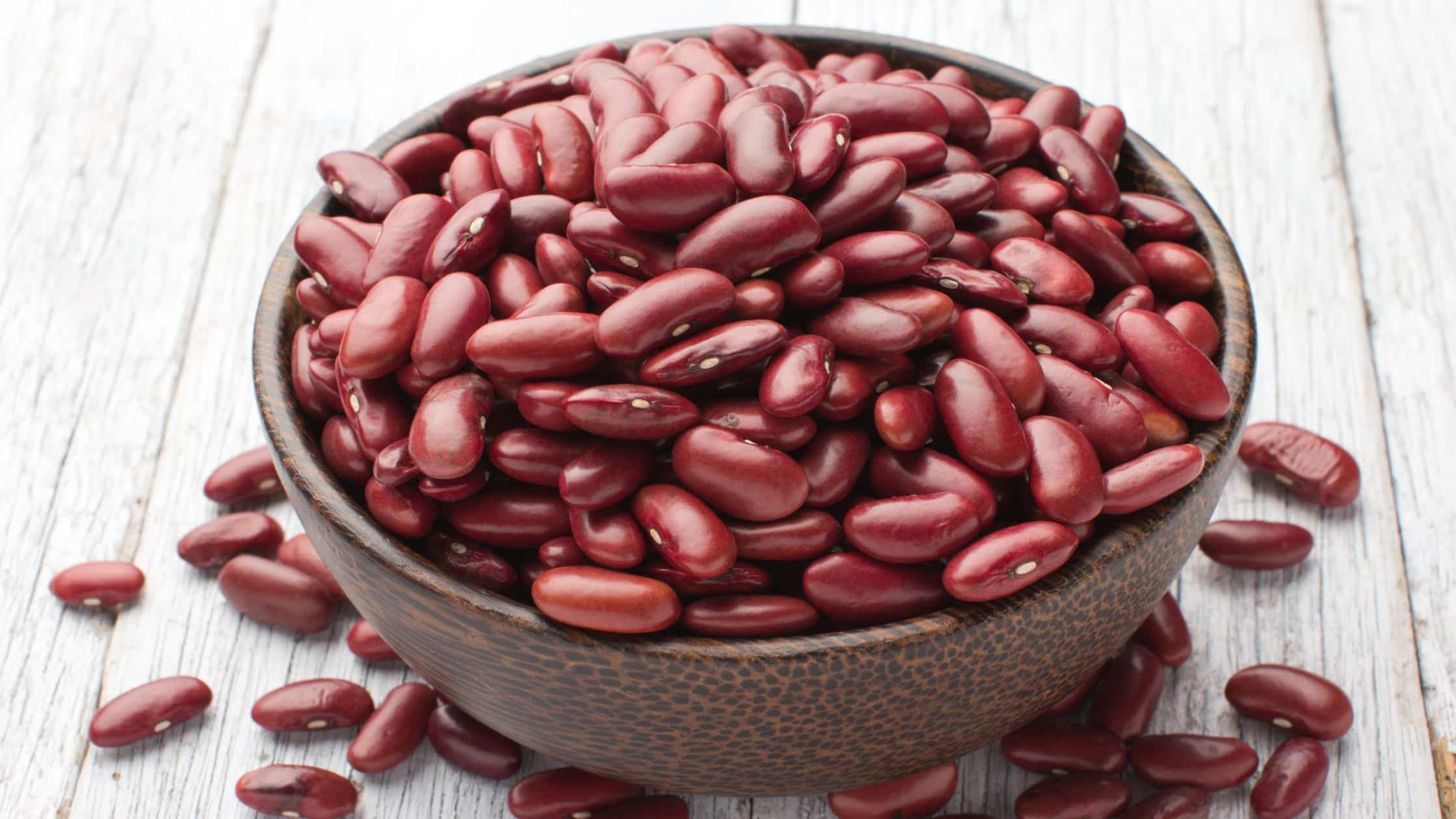
Kidney beans
Kidney beans provide around 15g of protein per cooked cup, along with potassium and complex carbs for steady energy. They’re also a great source of folate and iron, important for blood and hair health. Rajma is comforting and nutrient-packed, making it a staple in many homes.
Ways to enjoy:
- Cook rajma with rice for a balanced meal
- Add to hearty stews
- Toss into mixed bean salads
13. Sprouted Moong Beans
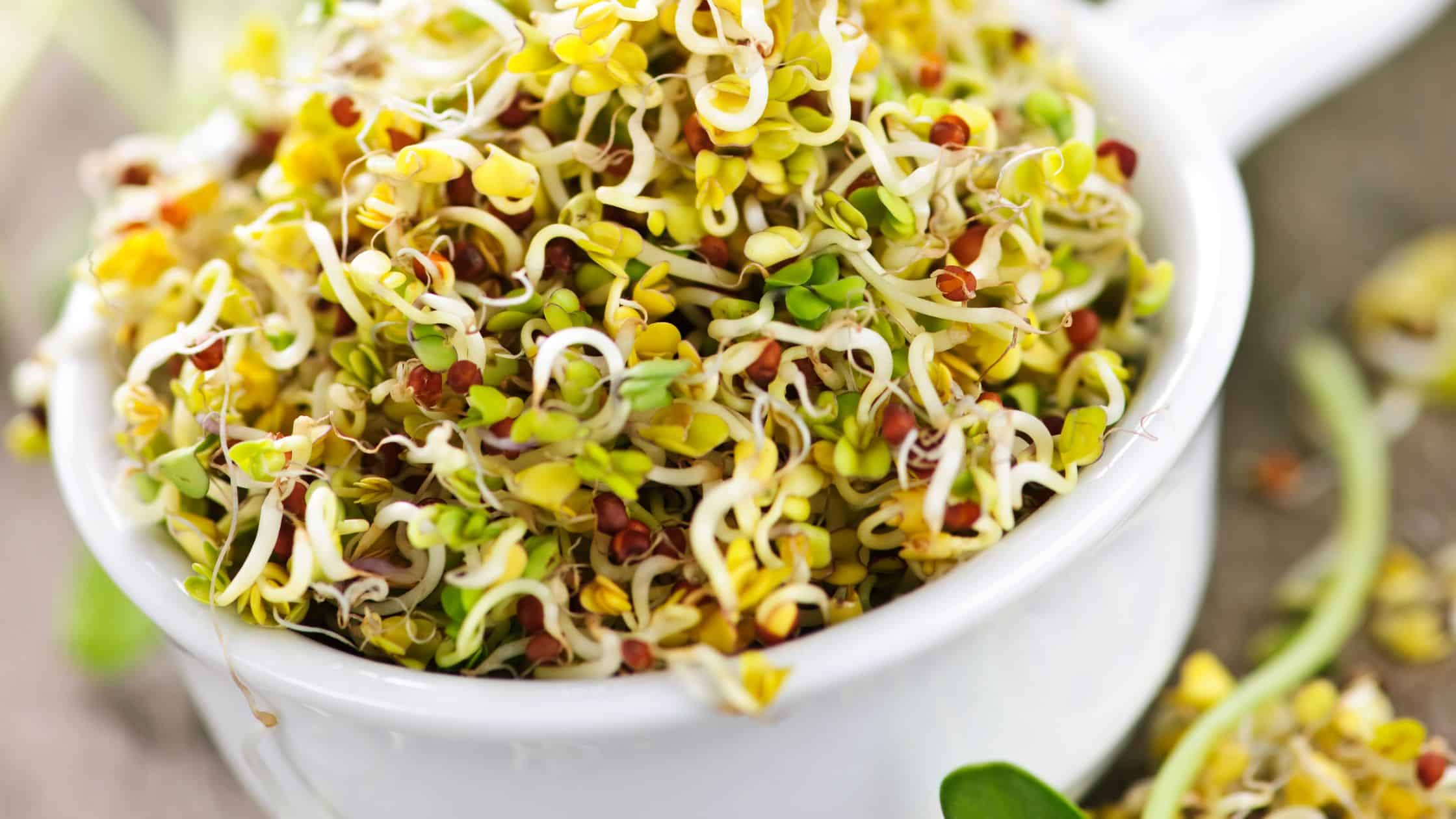
Sprouted Moong Beans
Sprouted moong is light yet powerful, offering about 7g of protein per cooked cup. Sprouting enhances vitamin C and makes nutrients more bioavailable, boosting immunity and digestion. Fresh, crunchy, and versatile, sprouted moong is an easy protein snack.
Ways to enjoy:
- Mix into sprouted moong chaat or a mixed sprouts usal
- Toss into salads with lemon and spices
- Cook into light stir-fries
14. Seitan (Wheat Gluten)
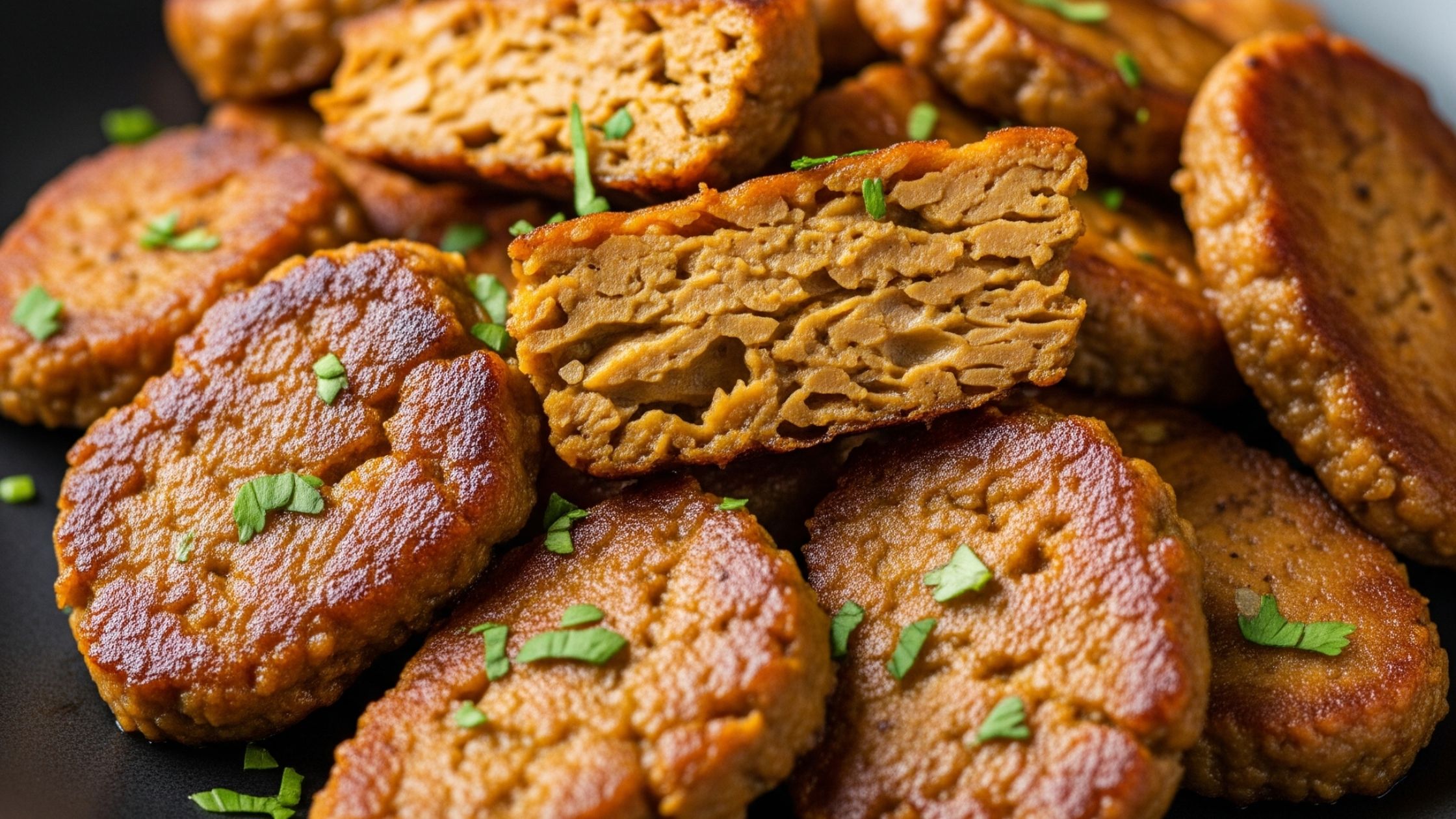
Seitan
If you ask, what are some high protein vegetarian sources? Seitan is one of the highest protein vegetarian foods, with about 25g per 100g serving. Its meaty texture makes it a popular alternative to chicken or beef. Rich in protein and iron, it supports muscle strength and recovery, but not suitable for gluten-sensitive individuals.
Ways to enjoy:
- Stir-fry with soy sauce and vegetables
- Grill as skewers
- Add to wraps or sandwiches
15. Oats

Oats
Another one of the best protein rich food items for vegetarians is oats.
A cup of cooked oats contains around 6g of protein, along with soluble fibre that regulates blood sugar and supports heart health. Oats also provide magnesium and iron, making them a wholesome breakfast base. They’re versatile and can be made sweet or savoury.
Ways to enjoy:
- Cook into oatmeal with fruits and nuts
- Blend into smoothies
- Use in homemade protein bars or pancakes
Also Read: 15 quick and easy oats recipes for busy mornings
16. Amaranth (Rajgira)
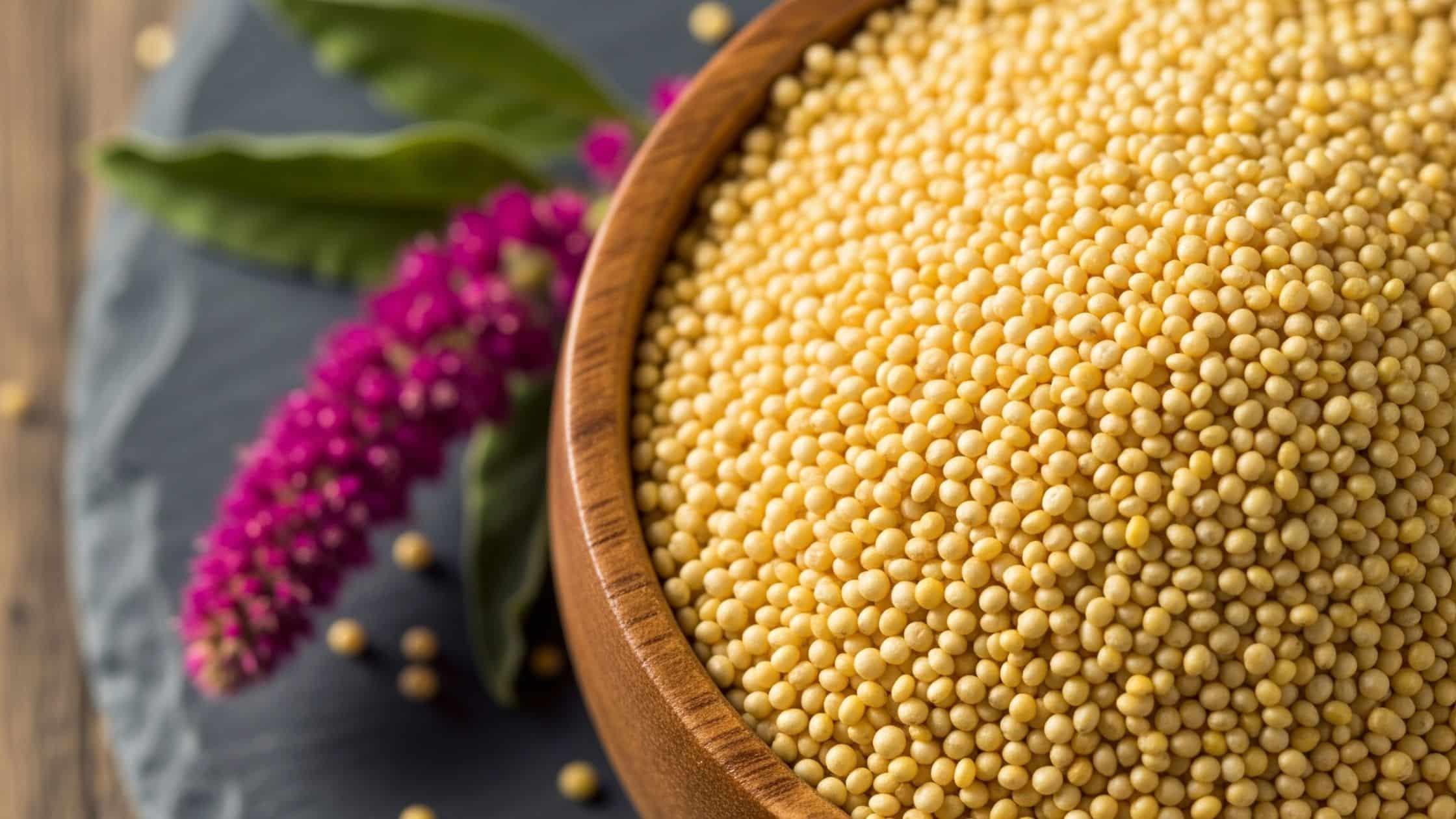
Amaranth
One of the best protein rich foods for vegetarians is Amaranth. It is a gluten-free grain that delivers 9g of protein per cooked cup. Like quinoa, it’s a complete protein, covering all essential amino acids. It also contains calcium and magnesium for bone strength and energy production.
Ways to enjoy:
- Cook into porridge with milk
- Use in salads or grain bowls
- Make rajgira flour rotis or laddoos
17. Mushrooms

Mushrooms
Mushrooms may not be the richest in protein, but a cooked cup still offers about 4g of protein along with antioxidants, selenium, and vitamin D. They’re low in calories, fibre-rich, and support immunity while pairing well with other protein foods.
Ways to enjoy:
- Add to soups, pastas, or risottos
- Stir-fry with garlic and herbs, and make mushroom tikka
- Grill or stuff with cheese and vegetables
18. Milk

Milk
Milk is a complete protein, giving about 8g of protein per cup, along with calcium and vitamin B12. It strengthens bones, supports muscle repair, and provides a steady supply of amino acids that also benefit hair and scalp health. Choose low-fat or toned milk for a lighter option.
It is also one of the best vegetarian protein rich food for pregnant women, as it provides complete protein along with calcium, vitamin D, and B vitamins that support bone strength, fetal development, and overall maternal health.
Ways to enjoy:
- Drink warm or chilled with meals
- Blend into smoothies or shakes
- Use in porridge, oats, or puddings
If you’d like to explore more on the benefits of smoothies, be sure to check out our detailed blog dedicated to them.
19. Flaxseeds
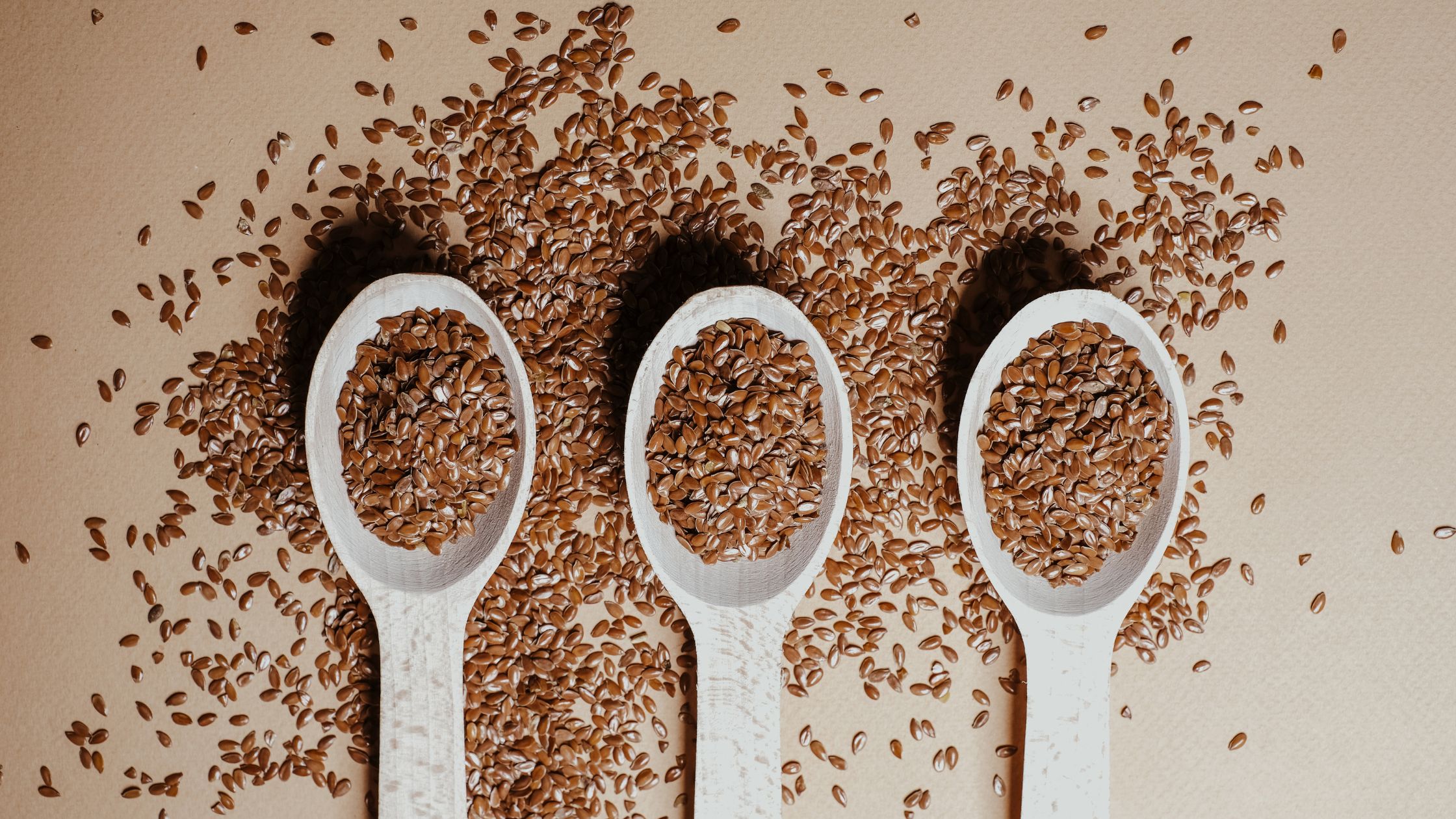
Flaxseeds
Flaxseeds provide about 5g of protein per 2 tablespoons, along with omega-3s and lignans that act as antioxidants. Ground flax is easier to digest and boosts hair, skin, and heart health.
Ways to enjoy:
- Mix ground flax into oatmeal
- Add to smoothies or baked goods
- Blend into energy balls
20. Broccoli
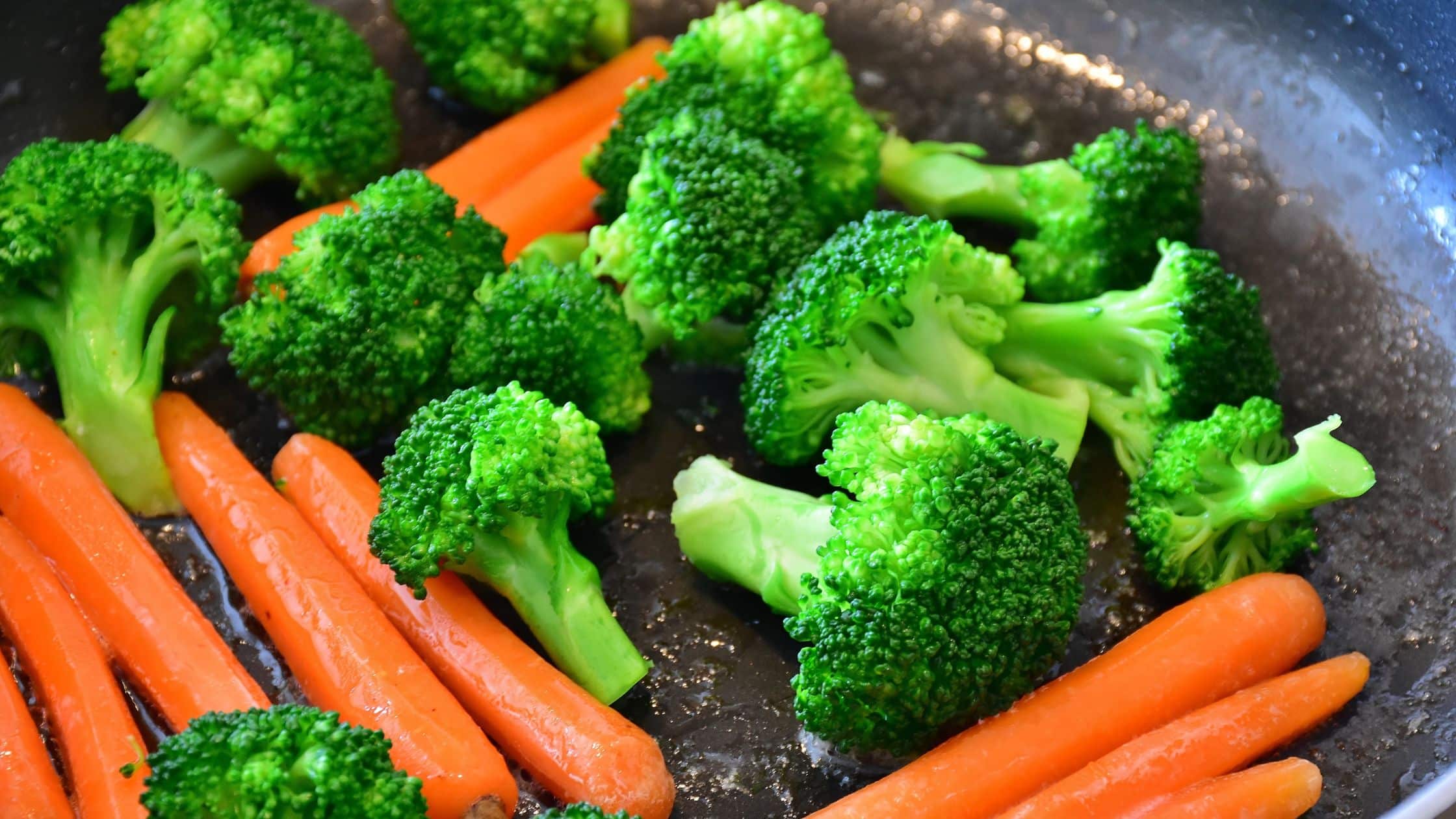
Brocolli
A cooked cup of broccoli has 4–5g of protein, making it a surprising vegetable protein source. It’s also rich in vitamin C, calcium, and antioxidants that support immunity and hair strength. Light and versatile, it’s easy to add to everyday meals.
Ways to enjoy:
- Make it into a broccoli bonda
- Stir-fry with garlic and soy sauce
- Mix into pasta, soups, or salads
Final Words
A high rich protein food for vegetarians diet is not only achievable but also enjoyable with everyday staples like lentils, paneer, chickpeas, and quinoa. The real secret lies in variety. Mixing different sources ensures you get all essential amino acids and steady energy throughout the day.
Start with small, practical swaps: add nuts, seeds, or yogurt as snacks, or replace regular grains with quinoa or millets for an instant protein boost.
Remember, eating vegetarian doesn’t mean compromising on protein. It means getting creative with the wholesome, nutrient-rich foods already at your fingertips.
Frequently Asked Questions
What is the best way for vegetarians to meet daily protein requirements in India?
The best way is to incorporate a variety of protein-rich foods into every meal. Focus on staples like dal, paneer, curd, chickpeas, and nuts to easily boost your protein intake and meet your daily protein goals without relying on animal products.
Do high-protein vegetarian foods provide all essential amino acids?
Some plant protein sources like soy and quinoa are complete proteins. For others, eating a variety of protein sources such as combining beans and rice throughout the day ensures you get all the essential amino acids your body needs, similar to what whey protein provides.
Are there easy Indian recipes using protein-rich vegetarian ingredients?
Yes, there are many easy recipes. Dishes like chana masala (chickpea curry), palak paneer (spinach and cottage cheese), and rajma (kidney beans curry) are delicious, simple to make, and use protein-rich ingredients to create a balanced diet.
What are some high-protein vegetarian foods?
If you’re looking to boost your intake, here is a list of high-protein vegetarian foods: lentils, chickpeas, edamame, tofu, tempeh, Greek yogurt, cottage cheese, quinoa, black beans, peanuts, almonds, chia seeds, pumpkin seeds, and eggs. These options provide a variety of essential amino acids and are excellent choices to help meet your daily protein needs.
Which is the best vegetarian protein in India?
Soybeans and paneer are considered among the best vegetarian proteins in India. Soy provides complete plant-based protein, while paneer is rich in essential amino acids, calcium, and easy to include in everyday Indian meals.
What’s the best plant-based protein for muscle building?
The best plant-based proteins for muscle building are soy, quinoa, lentils, and chickpeas. These are excellent options for anyone looking for a protein rich food vegetarian for bodybuilding while ensuring all essential amino acids.
Which vegetarian food has the highest protein?
Soybeans and edamame top the list with over 18g of protein per cooked cup. They are complete proteins, meaning they contain all essential amino acids needed for muscle growth and repair.
What are high protein meals for vegetarians?
High protein vegetarian meals include dal with roti, chana masala with brown rice, quinoa salad, or tofu stir-fry. These combine legumes, grains, and vegetables to deliver both protein and balanced nutrition.
Which Indian meal is the best for high protein?
Moong dal chilla with curd, rajma chawal, or chickpea curry with whole wheat rotis are excellent high-protein Indian meals. They’re filling, nutritious, and easy to prepare for everyday diets.
What vegan foods are high in protein?
Top vegan protein sources include tofu, tempeh, quinoa, lentils, beans, chickpeas, and chia seeds. These foods are versatile, nutrient-dense, and provide plant-based protein without relying on dairy or eggs.
What are some iron and protein rich foods for vegetarians?
Iron and protein rich foods for vegetarians include lentils, chickpeas, soybeans, tofu, quinoa, pumpkin seeds, spinach, and paneer. These foods not only supply essential protein but also boost iron intake, supporting energy, strength, and overall health.
What are some protein rich vegetarian food for babies?
Some protein rich vegetarian food for babies include lentil puree, mashed beans, well-cooked dal, soft paneer, yogurt, quinoa, and mashed peas. These foods are gentle on digestion while supporting healthy growth and development.
What are the 10 best sources of protein?
The 10 best protein sources include eggs, Greek yogurt, lentils, chickpeas, paneer, tofu, chicken, fish, quinoa, and nuts. These foods provide essential amino acids, support muscle repair, improve energy, and help maintain overall health and wellness.

